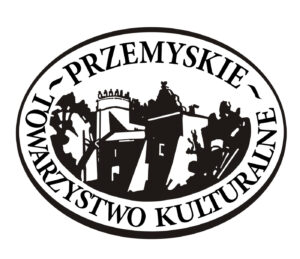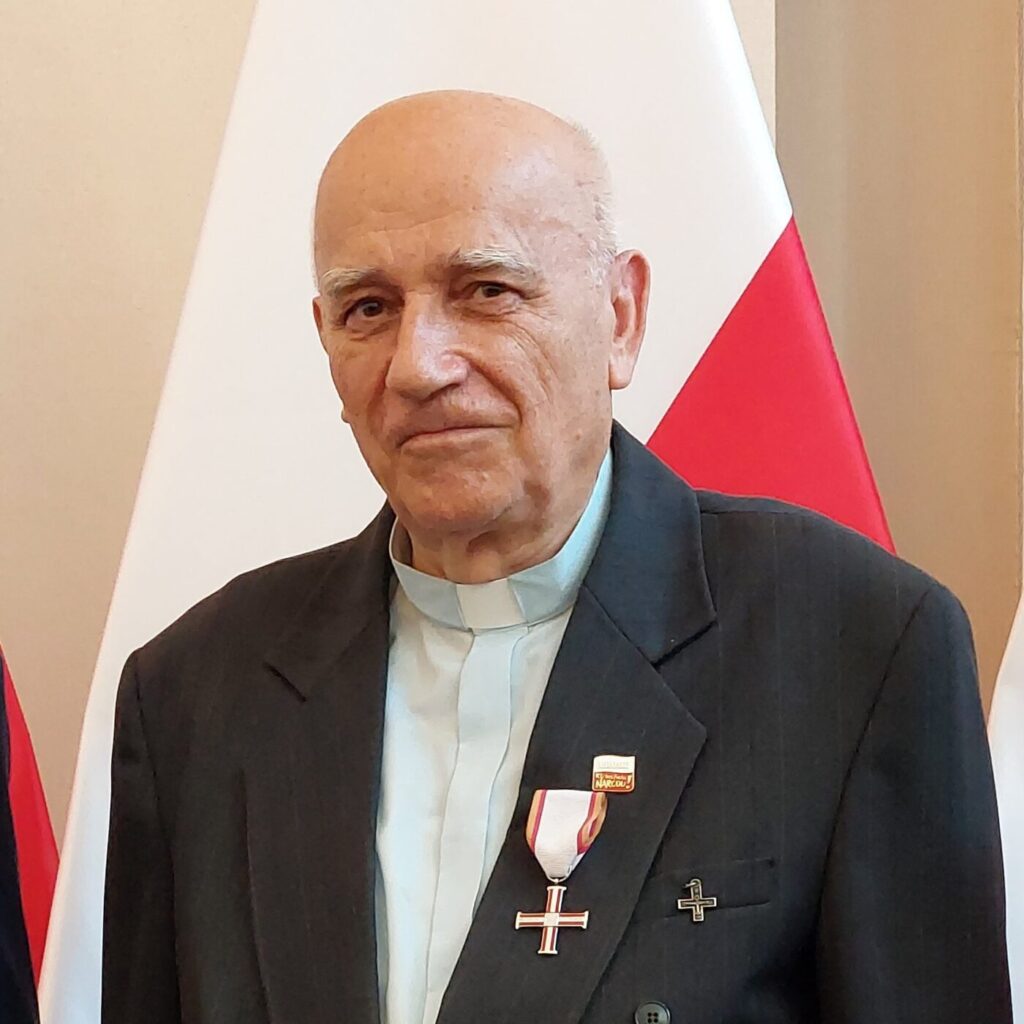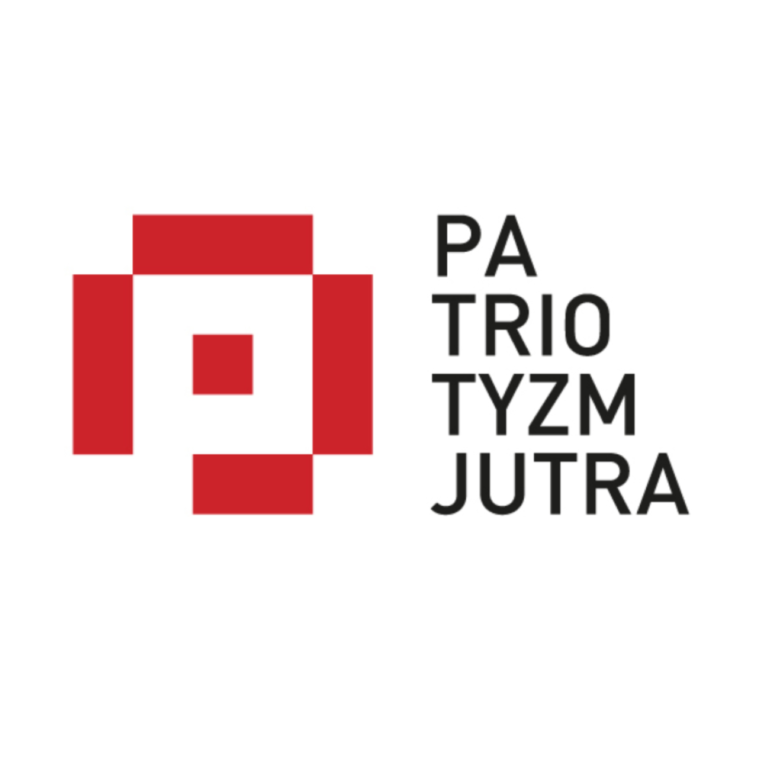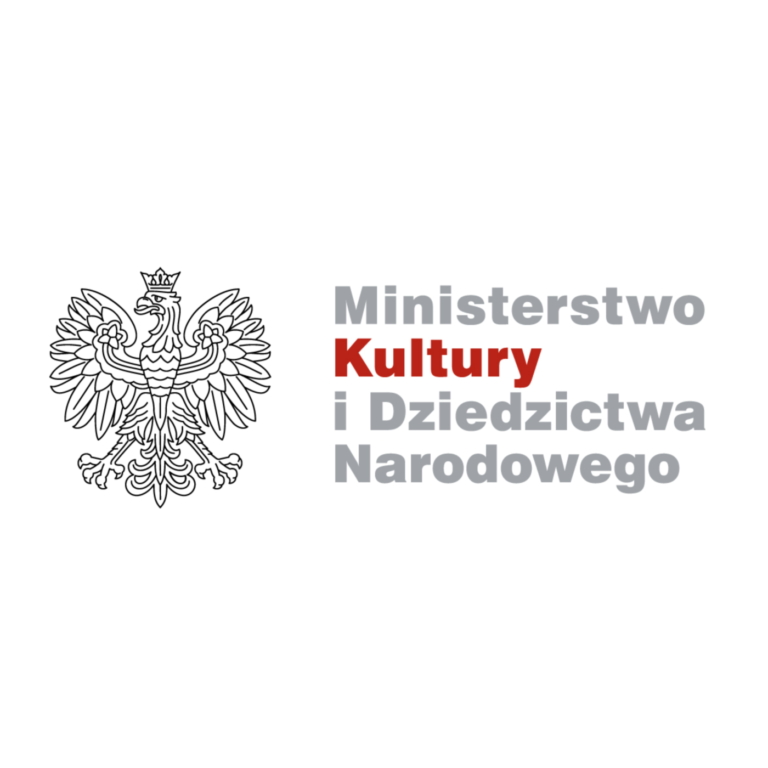Przemysl's "Trenches of the Holy Trinity"
Prelate Stanislaw Czenczek
(From 1980 to the present he has served as a judge of the Metropolitan Court in Przemyśl, and since 2004 also of the Bishop's Court in Kamieniec Podolski. Creator of the Light-Life Movement in the Przemyśl Archdiocese. In 1969, while serving as vicar at Holy Trinity Church in Przemyśl, he founded the first circle of the Domowy Kościół (House Church), becoming the forerunner of the creation of the DK movement in the Przemysl Archdiocese. Since 1984, diocesan moderator of the Diakonia of the Crusade for the Liberation of Man, as part of which he organized - together with Father Stanislaw Zarych, pastor - 230 series of liberation retreats for alcoholics. Since 1980, he was appointed by Bishop Ignacy Tokarczuk as chaplain of the Boy Scouts ministry. During martial law, he traveled with pastoral ministry to internment camps, carrying food parcels for internees on the occasion and secretly transporting letters from them to their families. During this period, as well as after martial law, he helps an active group of underground Solidarity activists at Holy Trinity Church, also supporting them with donations collected in the tray during Masses for the Fatherland. Below is a brief statement given to me by Monsignor Czenczek, as well as his previously published longer account of pastoral visits to internment camps of Solidarity activists).
***
During martial law and later, the Holy Trinity Church in Przemyśl, where I functioned as a curate, became known as "Holy Trinity Trenches." At that time it was a center for the pastoral care of working people, including activists of the underground Solidarity movement. People from there met in the parish premises thanks to the kindness of Father Stanislaw Zarych, the parish priest, and with the knowledge of the Ordinary of the diocese, Father Bishop Ignacy Tokarczuk.
At the Holy Trinity Church we celebrated masses for the Fatherland, which Bishop Tokarczuk explicitly ordered to be celebrated on the 13th of every month. At these masses a tray was collected for the needs of the underground "S." We also celebrated masses. on national anniversaries: November 11 and May 3. As the local vicar, I was the depository of the money collected at Masses for the Fatherland. On some of the donation envelopes was written: "For Solidarity activists in prison, arrested and persecuted." This money, admittedly, was not very much. Mr. Marek Kaminski asked for support for Solidarity activists in need, so I gave to him. Due to the conspiratorial conditions, this could not be accounted for, but everything was settled verbally. Later they moved with this activity to the Church of Our Lady Queen of Poland in Kmiecie, so I gave all this money to them.
I remember that on November 11, 1982, Bishop Tadeusz Blaszkiewicz celebrated an anniversary Mass at our church, and after the Mass was over, young people from the Second High School performed a patriotic parade to mark the anniversary of Poland's independence. The management forbade them to perform this performance at school, so before the Mass they approached me to ask if they could do it in church. When I asked Bishop Blaszkiewicz, he immediately allowed it, although it was not a religious performance, but a patriotic one.
Another memorable Mass with Bishop Blaszkiewicz and a huge number of the faithful was held on the day of Father Jerzy Popiełuszko's funeral. We also held religious-patriotic Masses on August 31, the anniversary of the signing of the Gdansk Accords legalizing the creation of the Solidarity Trade Union. A lot of activists and a lot of the faithful gathered there.
We also had a place in Holy Trinity Parish where people brought parcels for the interned and persecuted activists and their families during martial law. Well, and we carried these packages to the places of internment. In addition, the West German Caritas sent aid to the diocese, so the underground Solidarity activists were also helped from this.
It is not enough to change the system...
I think that the activities of Solidarity and the time of martial law were a great social and moral revival. People engaged in actions against the communist authorities and, of course, had great hopes that the time of freedom would come and everything would work out well. And here I have such a reflection taken from - I can say - my master, Fr. Francis Blachnicki, the founder of the Light-Life Movement. He was also active at the time and constantly reminded us that it is not enough to change the system, but the person must also change. The system is only something external, and our freedom is determined by our approach to life. And this applies to each person individually.
I think the high hopes that were held at the time about changing the political system didn't quite work out. And they did not work, among other things, because we as a people have not changed enough to live responsibly. Because it's not enough to change the socio-political structures, but you also have to change the people. And I think that the task of the Church is to constantly strive to make man live according to the truths of faith, according to his conscience, to be honest, responsible and noble in his conduct.
Evaluating the current time of this freedom of ours, I must say that, of course, we have to rejoice in regaining this freedom. We are glad that we no longer feel the fear of surveillance, violence and lawlessness of a totalitarian state. On the other hand, it is already up to us how we manage this freedom and how we use it.
And I think that the founders of this Third Republic have not satisfied these requirements of conscience to live in truth, to live honestly and responsibly. And they didn't satisfy it probably because all of us, as a society, couldn't, as it were, morally grow up and demand it of them. Because, in fact, this external, political freedom depends on the internal moral condition of man as a human being.
There was a lot of negligence on the part of the elite of the Third Republic with regard to living in truth, to settling the mistakes made under the previous political system, which by various unholy means induced people to attitudes that were evil and unworthy of man. They sort of transferred some of those patterns to this new system, and it was difficult to demand from them a full purification and a new attitude in truth and honesty. Truth was sought to be relativized, as if to take away its status as an unquestionable value. And today some proclaim that "everyone has his own truth." This relativism leads many people to disrespect truth and moral values, which is the deepest cause of these various turmoils of modern times. And this is why this freedom of ours was so "lame" in the Third Republic, and is still not doing well.
The recent elections have shown that the majority of society recognizes these mistakes and wants change. And while the current reevaluations in the country's socio-political life offer some hope for building a new reality, at the same time we see that these conditions of the previous system are still very strong. The final outcome of these struggles is not yet certain, because these are like two opposing worlds.
Returning to the view from the point of view of faith and morality, it must be emphasized that human life should be based on truth. From the Gospel of St. John we know the statement of Jesus Christ: You will know the truth and the truth will set you free. So, if we live in truth and realize in reality the moral duties of the human person expressed in the Decalogue and in the nature and conscience of man, then political relations on a national scale will also express concern for the common good of the nation, and not for the prosperity of a narrow elite and the desire to destroy the enemy.
Pastoral trips to internment camps
The Holy Trinity Church not only celebrated national-patriotic anniversaries, but also prepared aid for the internees and their families. Here was located the main point in Przemyśl for the collection of gifts, which, in the form of food parcels and medicine, the Rev. Stanislaw Czenczek, along with pastoral services, carried to the internment camps in Uherce, Nowy Łupkowo and Załęż.
Here is Fr. Stanislaw Czenczek's account of these exceptional journeys, written in November 1989 and published a month later in the weekly San, as well as in a book published in 1995 on the occasion of the 25th anniversary of Holy Trinity Parish, "Holy Trinity Church and the Monastery of the Benedictine Sisters in Przemysl."
***
First visit to Uherce
On January 10, 1982, on Baptism of the Lord Sunday, I went with Bishop Tadeusz Blaszkiewicz to the internment camp in Uherce with pastoral ministry. Internees from Przemyśl, Jaroslaw and Krosno were staying there. There, for the first time, I heard a song from the World War II period performed by the interned activists:
"O Lord shorten for us this sword that chops the country,
To a free Poland give us to return,
And to become a source of new strength our home, our country."
It was a frosty and snowy January morning when we passed military patrols checking us at the corners of Przemyśl and then Lesko. Around 9 a.m. we went to the prison in Uherce, accompanied by the local parish priest Jozef Galuszko. The Rev. Bishop reported to the prison authorities that he wished to celebrate Mass for the internees and hand over food parcels for them, along with medicine. The parcels were prepared in advance from donations made by children and adults, including the families of the internees. After proper instructions from the prison authorities, I went to the prison common room, where Mass was to be held. There was a table prepared there, covered with a white tablecloth, with chairs set up in the corners to serve as confessionals. I noticed that two priests who had come from Sanok were already confessing. Upon entering the prison building, I saw faces familiar to me from Przemyśl. The first question directed at me was: "Are the priests who started confessing earlier real priests, or are they substituted by the prison authorities?" I reassured the questioners that they were vicars from Sanok.
It was an unusual confession. Sitting in a chair, I looked out at the barred windows and snow-covered fields. It was cold. I was approached by men who had been brought here after being arrested overnight on the memorable December 13, 1981. In addition to confessions, they passed messages to their families, letters, greetings. Many messages were passed on small pieces of paper in the form of "secret messages." Earlier, the prison authorities had declared to us that no letters from internees were allowed. I had no doubt that this prohibition did not apply to me in conscience, so I accepted many letters and cards. I hid the smallest ones in my socks and shoes, so that I could safely carry them away in case of an expected inspection when leaving the prison.
After the confession began, with the carol "Among the Night Silence," the Mass celebrated by Father Bishop Blaszkiewicz. The hall was filled with the faithful. Among them was a guard from the prison service present on duty. I noticed tears on many faces. The Rev. Bishop welcomed everyone and said, among other things, that he comes to them, fulfilling Christ's command. He comes to nourish them with God's Word and Bread. The liturgical readings were performed by representatives of the internees. A large number of people took Holy Communion.
After Mass, we walked with the bishop to another Hall, where the parcels we had brought for the internees were previously deposited. Each parcel was carefully inspected by the prison authorities - in our presence and with the participation of a delegation of internees. Medicines were kept at the disposal of the prison doctor.
After the pastoral services were over, we returned to Przemysl, relaying news from the camp to the families of the internees and the faithful.
Second visit to Uherce
My second visit to Uherce with pastoral and charitable services was on February 7, 1982. It was also a Sunday. This time I went with Father Bishop Marian Rechowicz of Lubaczow and Father Stanislaw Cały. We also carried food parcels. The internees prepared many letters to their loved ones for our arrival, in order to pass them safely through us, without censorship. This time the prison authorities warned us especially sharply that we were not allowed to accept letters from prisoners. Fearing a personal search when leaving the prison, I advised the internees to discreetly put their letters behind the cover during the liturgy of the word, during the readings from the Mass lectionary, and after Mass I packed the lectionary in a suitcase and the letters were transported.
During the Mass, Msgr. Rechowicz spoke on the theme of suffering based on the book of Job. After Mass, the internees invited us, with the permission of the prison authorities, to one of their cells. They treated us to coffee, with water boiled using a "heater" made of razor blades and cable. Great was the joy of these people that the Church remembers them. They told me that they prayed together and read the Scriptures.
Visit to Załęż
I visited the internment camp in Załęż near Rzeszów, together with Father Bishop Blaszkiewicz, on Sunday, March 14, 1982. Rev. Płonka from Cracow and Rev. Stanislaw Slowik from Rzeszow were also there. A very large number of people gathered in front of the prison gate, having come to visit their loved ones. These people, we noticed, had a lot of trouble getting permission to visit. When we were allowed outside the gate, we first had to go through a briefing with a representative of the prison authorities. He spoke to us quite firmly and unsympathetically. His point was that the Rev. Bishop had forbidden the singing of songs with political overtones during Mass. He claimed that the internees start a religious song and change the next stanzas, underlaying the current political content. It was also agreed that four Masses would be celebrated, on each floor separately. The first Mass was celebrated by Father Płonka from Cracow for the internees from the Cracow region. It was well past noon when it was my turn. I celebrated Mass on the top floor. I remember that at the end of it the participants sang the hymn "God's Thing Poland...", and they sang probably 12 stanzas. Before each Mass there was confession. To Zalezh I brought Christmas cards, prepared by children and young people from Przemysl. They were received very warmly and caused great joy. We ended our pastoral visit at about 5 p.m. Soon the internees from Załęża sent thanks to the children from Przemyśl for their wishes and Easter cards. Here is the text of one of the thanks to Peter from Elementary School No. 14: Dear Peter! It was a great joy for me to receive your such kind wishes, your memory and your prayers. Receive also you the best Christmas wishes from me, kiss from me parents, brothers, sisters, if you have them. All friends wishing us well. Together we must be persistent, strong and believe in victory. Let us survive with courage and solidarity. Remembering you the Solidarity internees from Krakow.
Third visit to Uherce
On Palm Sunday, April 4, 1982, we went with Bishop Tadeusz Blaszkiewicz with a Christmas pastoral service to the internees in Uherce. It was also an unusual visit, as Christmas was approaching. Among those interned in Uherce were from Silesia and Zagłębie Dąbrowskie. Counselor Władysław Siła-Nowicki of the Primate's Council also arrived that day. He wanted to personally meet with the internees. As the previous time, so now we had a conversation with the prison authorities at the beginning. I witnessed an almost hour-long discussion between Counselor Sila-Nowicki and a representative of the prison authorities. In the end, the counselor was refused to see the internees because, according to the prison official, he did not have such permission. In this situation, the counselor asked only for the opportunity to attend Mass together with the internees, but even this was not allowed, despite this was his argument: I am a Catholic, and today is Palm Sunday. Do you know what Palm Sunday is for a Catholic? I want to be at Mass today!
After the Mass, celebrated by the bishop, I was able to visit several prison cells to which internees had invited me. I visited with Solidarity activists from Silesia. I met both academics from universities and workers from mines and other factories. And to them we brought several hundred Christmas cards with wishes from the children of Przemysl. The internees asked for a Lenten retreat, but did not receive permission from the authorities. They used one of the cells for a chapel, where they hung their own handmade pictures of the Stations of the Cross on the walls.
Visit to Novy Lupkov
My fifth and final pastoral trip to the internment camps - this time to Novy Lupkov near Komancza - took place on June 13, 1982. On the road near Komańcza I met a lot of militia patrols. I stopped with a luggage cab filled with food parcels, at the home of the Nazareth nuns. In the afternoon, with Fr. Pokrywka, the local pastor and the prison chaplain, I went to Novy Lupkov. These visits were the most difficult. The prison authorities were very upset. It turned out that on the night of June 12-13, the internees had celebrated the half-year anniversary of martial law with an assembly and proper singing outside. The prison authorities summoned soldiers from the WOP, who came to the camp. I was not allowed to celebrate Mass because "I did not have the proper permission." The Mass was celebrated by Father Pokrywka. Food packages were checked very carefully at the prison gate. Even jars of jam and honey were opened. As a farewell, the internees gathered in the prison courtyard, singing patriotic and religious songs to the accompaniment of a guitar. Their voice, in which there was a note of hope, rang out far over the neighboring hills.
Today, after more than seven years, I recall with great emotion the ministry in the internment camps, during which I experienced many bright moments during the difficult period of martial law. I am glad that the sacrifice of internment, associated with various kinds of suffering and cross, bears fruit.
Rev. Stanislaw Czenczek
The interview was conducted and authored by Jacek Borzecki







